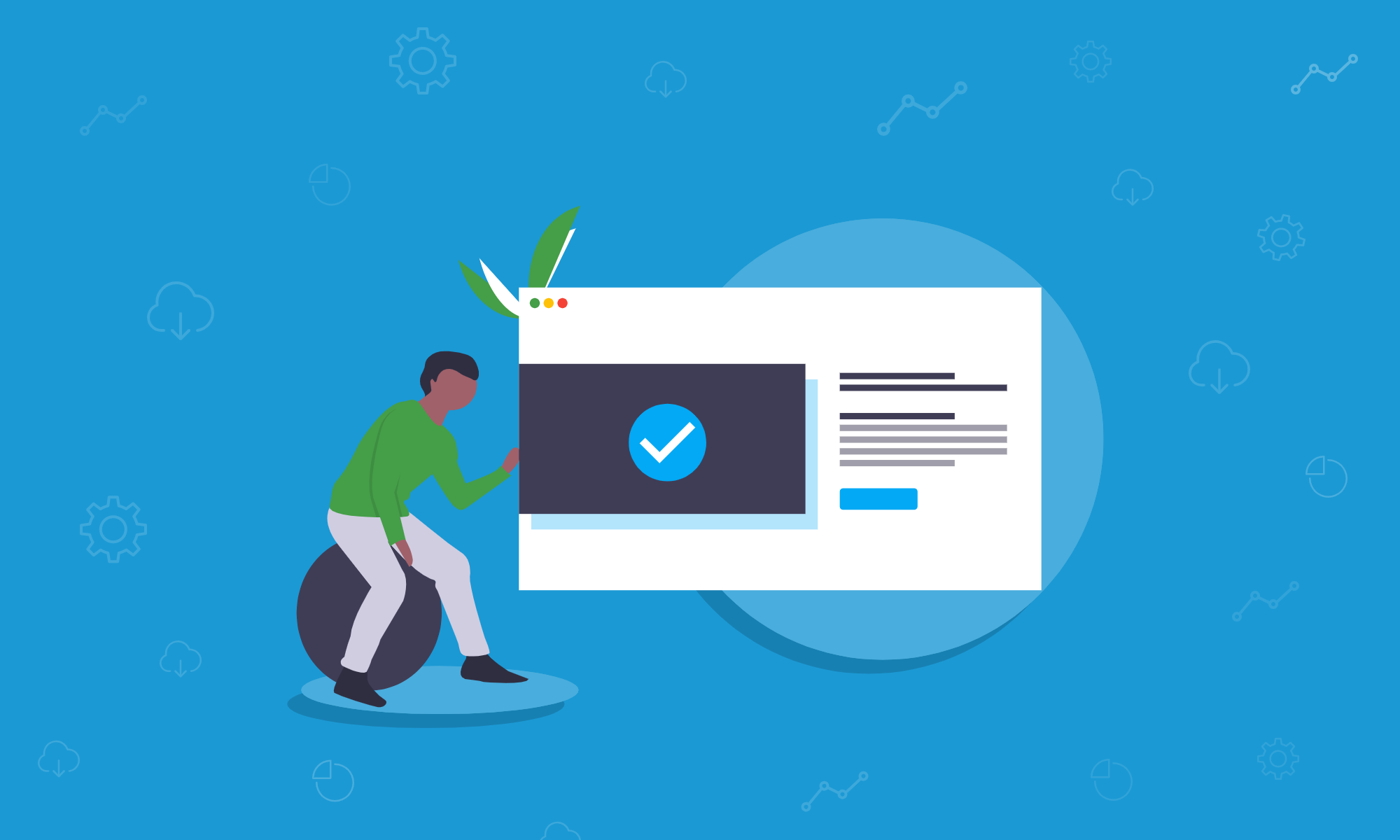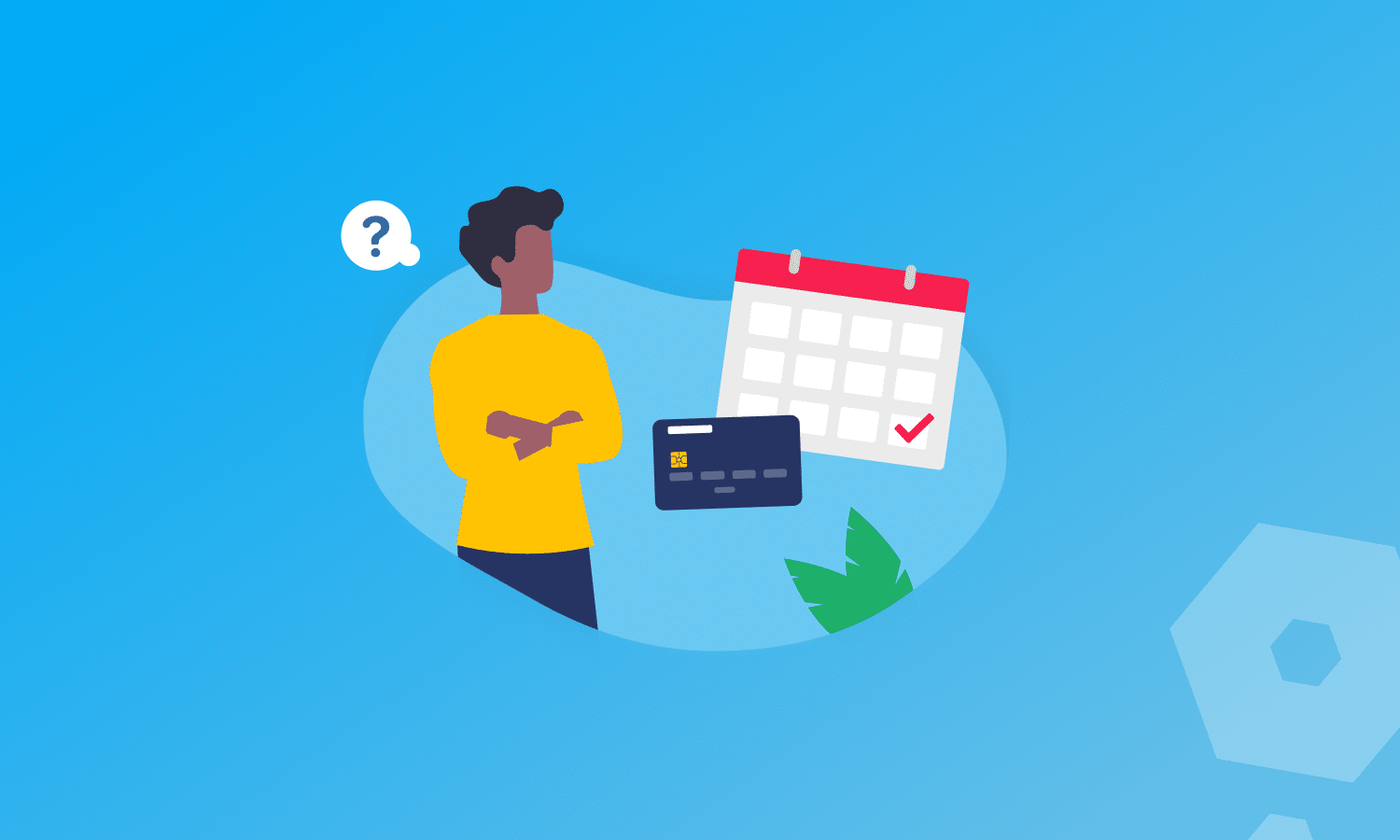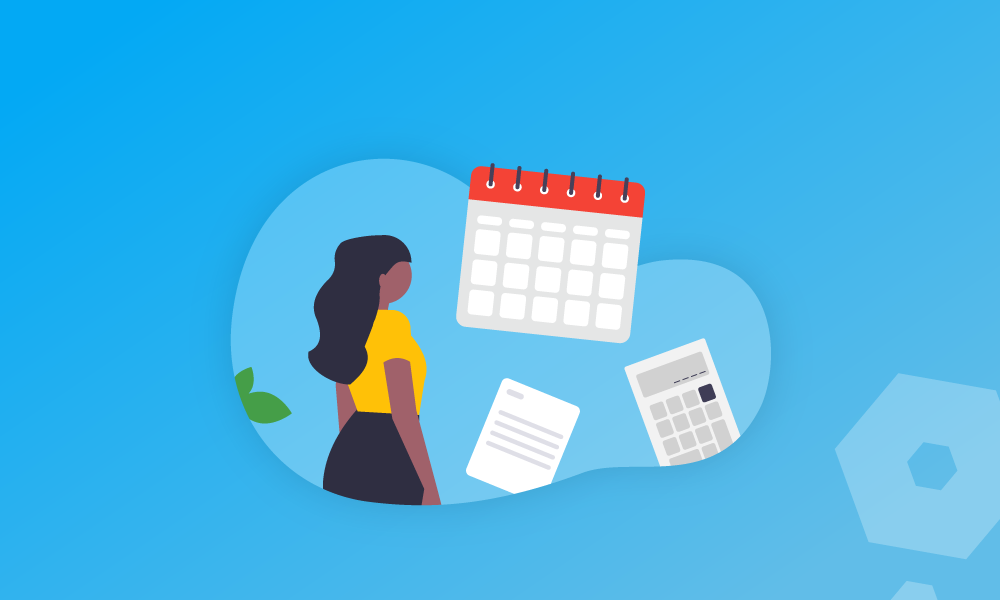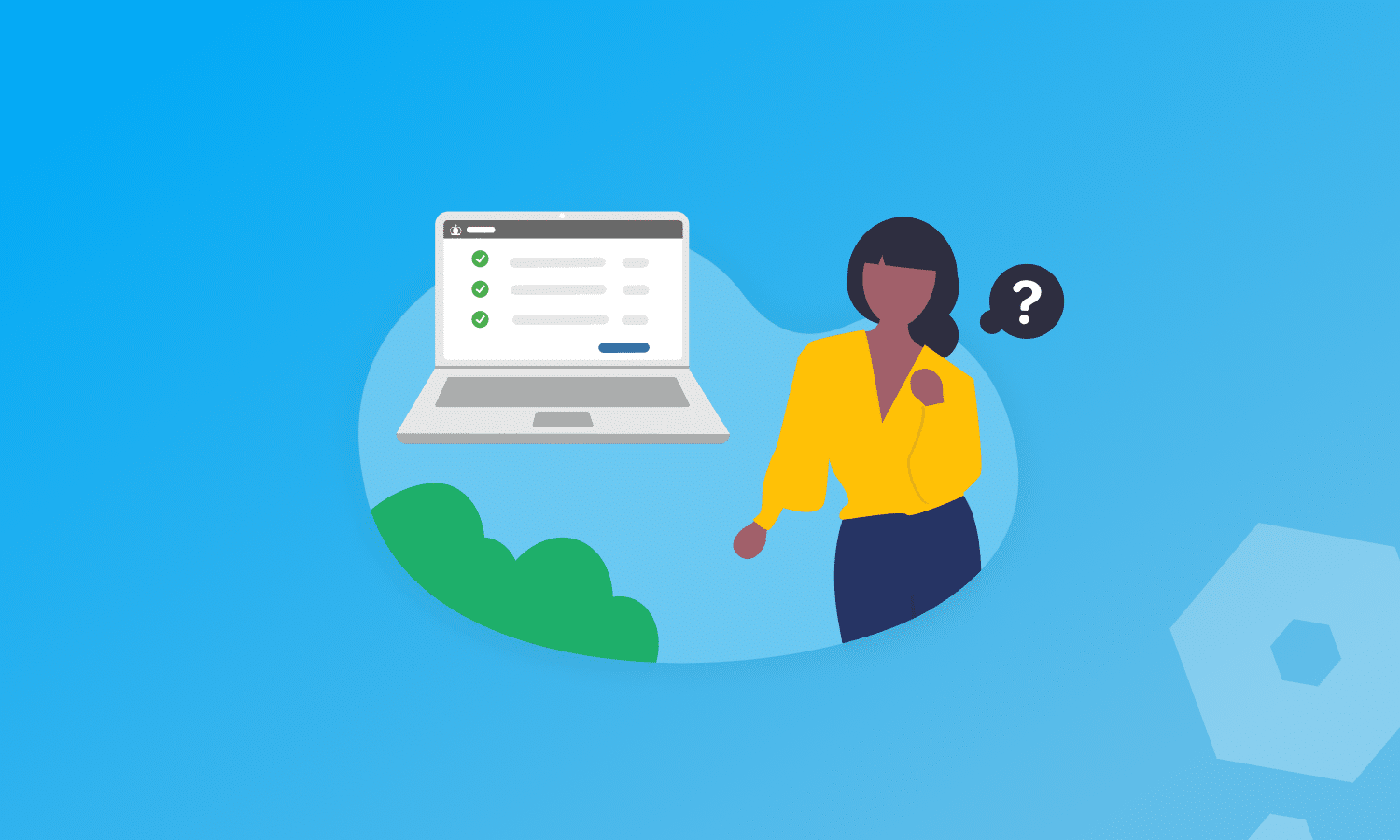There’s always lots to do and plan when you’re running a business, but taking care of your tax return shouldn’t be near the end of the list. That’s right – we said it – the Self Assessment deadline is never more than 12 months away, so getting your finances records ready will help. It’s a bit of a dampener on anyone’s mood but unfortunately, it’s not going anywhere and you need to prepare for it. Soz.
Accounting
Reduce errors and spend less time on bookkeeping









